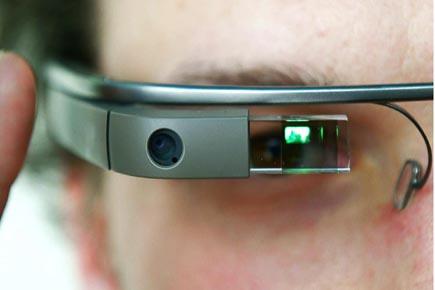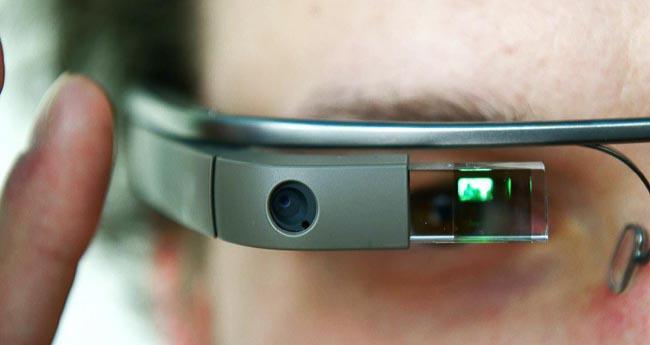Google's Internet-linked eye wear, hotly anticipated by some, feared by others is now available to anyone in the United States with 1,500 USD to spare and a yen to become an "explorer"

San Francisco: Google's Internet-linked eye wear, hotly anticipated by some, feared by others is now available to anyone in the United States with 1,500 USD to spare and a yen to become an "explorer."
ADVERTISEMENT

Google glass. File pic
The decision to open the "Glass" test, or beta, program today to anyone with enough money and curiosity came about a month after a one-day sale of the eye wear to the public.
"We learned a lot when we opened our site a few weeks ago, so we've decided to move to a more open beta," said a post on the Glass page at Google+ online social network.
In a possible sign of interest in the eye wear, the Glass page on the Google+ network has more than 678,000 followers and has been viewed more than 107 million times.
Google in March said it is joining forces with the frame giant behind Ray-Ban and other high-end brands to create and sell Glass Internet-linked eye wear in the United States.
The partnership with Luxottica was portrayed as Google's "biggest step yet into the emerging smart eye wear market." Luxottica brands include Oakley, Alain Mikli, Ray-Ban and Vogue-Eyewear.
The first smart glasses by Luxottica for Google Glass will go on sale in 2015, the head of the Italian eyewear group said yesterday.
Google has been working to burnish the image of Glass, which has triggered concerns about privacy since the devices are capable of capturing pictures and video.
"If someone wants to secretly record you, there are much, much better cameras out there than one you wear conspicuously on your face and that lights up every time you give a voice command, or press a button," Google said.
During the Explorer testing phase, developers are creating apps for Google Glass, which can range from getting weather reports to sharing videos to playing games.
Glass connects to the Internet using Wi-Fi hot spots or, more typically, by being wirelessly tethered to mobile phones. Pictures or video are may be shared through the Google Plus social network.
 Subscribe today by clicking the link and stay updated with the latest news!" Click here!
Subscribe today by clicking the link and stay updated with the latest news!" Click here!






